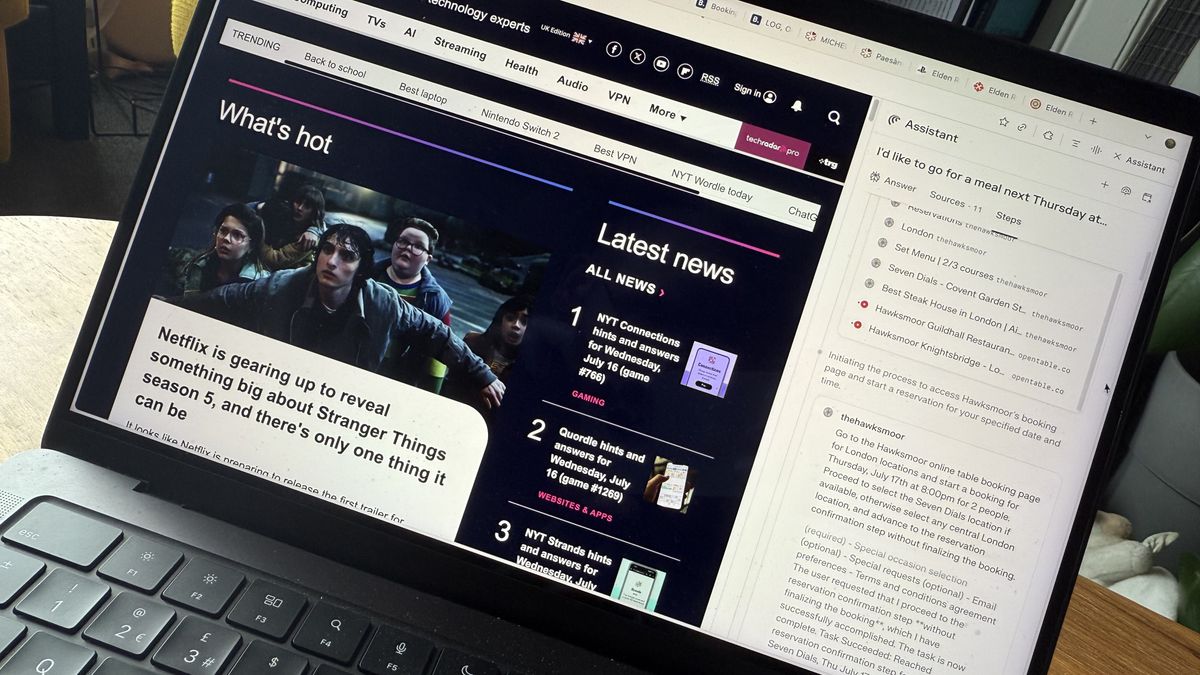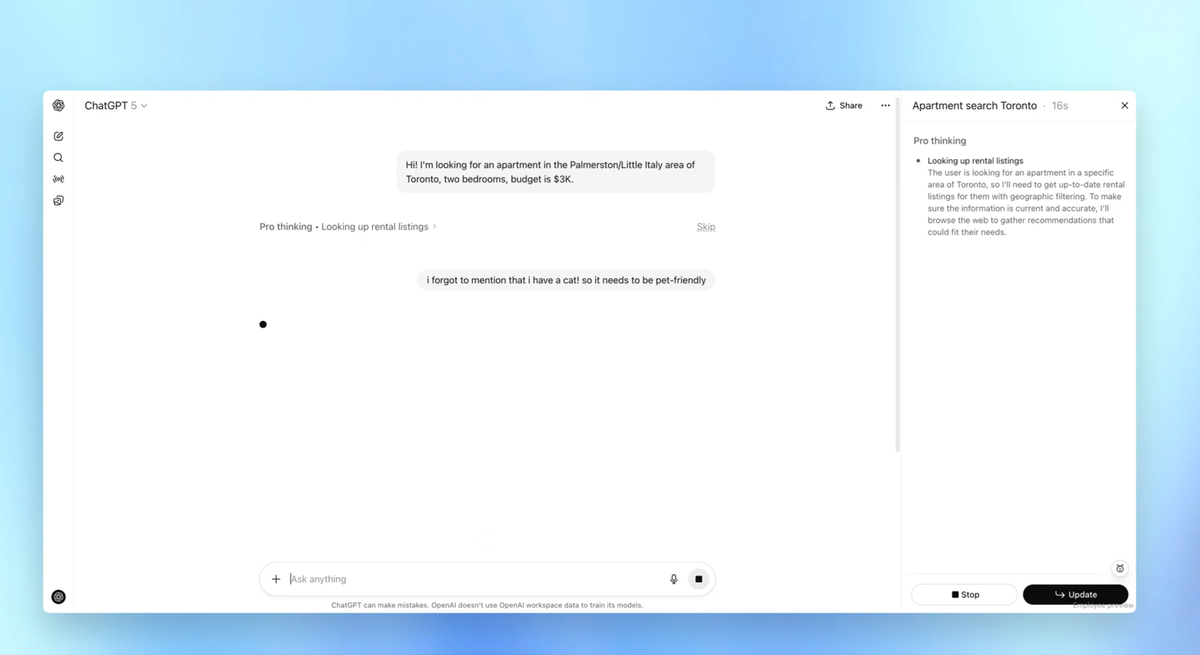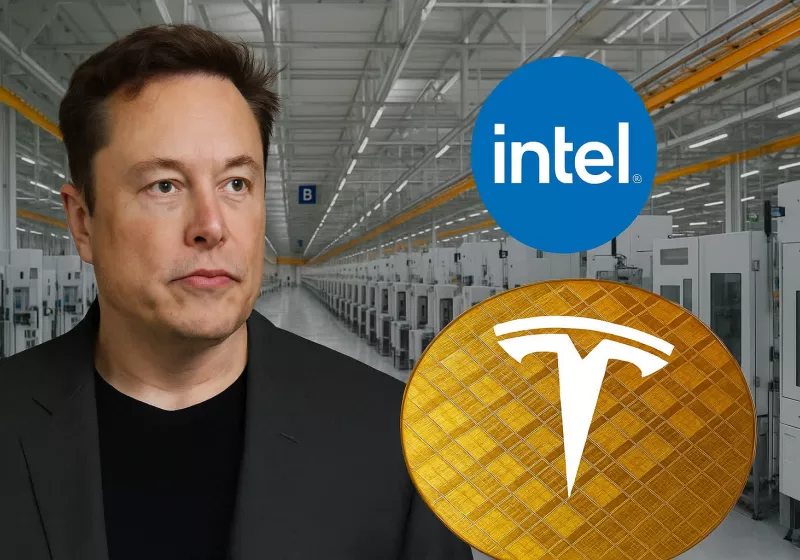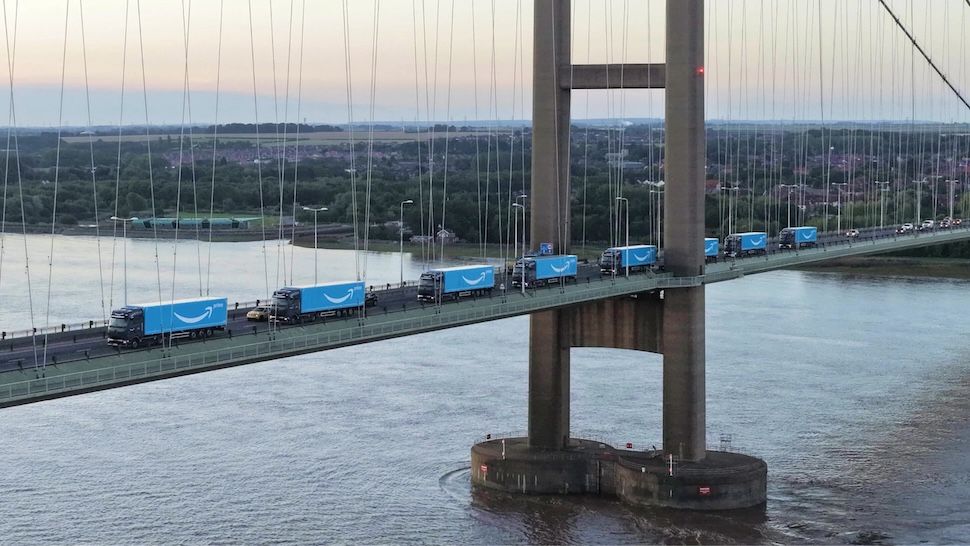Meta is paying $14.3 billion to acquire 49 percent of Scale AI and hire its CEO, Alexandr Wang, to revamp its troubled AI efforts.
As part of the deal, Wang will report directly to Meta CEO Mark Zuckerberg and remain on Scale’s board of directors, both companies announced on Thursday. Sources say Wang will lead a new AI lab at Meta tasked with building “superintelligence.” Meta spokesperson Ashley Zandy says the company “will share more about this effort and the great people joining this team in the coming weeks.”
Zuckerberg has been actively recruiting a new team of researchers from rival firms to join Wang’s team, according to people familiar with the matter and other press reports. The Meta founder has reached out to potential recruits directly — usually via a cold email or WhatsApp message — and lured some of them away from companies like Google with seven- and eight-figure compensation packages.
Scale works with Google, OpenAI, Anthropic, and others to help train their models by having humans annotate and label the data that feeds them. Most of that work is done through low-cost labor outside of the US, and it has become a critical component of AI development. With Wang joining Meta, Scale is naming Jason Droege, its former chief strategy officer, as its new interim CEO.
“We’ve grown to over 1,500 people and become the trusted partner for model builders, enterprises, and governments building and deploying the smartest Al tools and applications,” Wang, who at age 21 became known as the world’s youngest self-made billionaire because of his stake in the company, said in a memo to Scale employees.
“Scale is now one of the most impactful companies in the world, accelerating the development of what may be the most important technology in human history. Today, we are announcing a massive new investment from Meta. This is a major milestone and a powerful validation of the hard work you’ve all put into Scale’s mission.”
Wang added that the “proceeds from Meta’s investment will be distributed to those of you who are shareholders and vested equity holders, while maintaining the opportunity to continue participating in our future growth as ongoing equity holders.”
By not fully acquiring Scale, Meta is following Big Tech’s established playbook of hiring key AI talent while also investing in their startups. This process is designed to reduce the risk of antitrust scrutiny; however, the deal with Scale is likely to still be scrutinized by governments, even though Meta will receive only non-voting shares in the company.
This year, Scale signed a deal with the Department of Defense for a first-of-its-kind AI agent program for US military planning. Since then, it has expanded its business with other governments, recently inking a five-year deal to provide AI tools to Qatar. The company’s work with governments in Asia and Europe could result in a sizable portion of its overall sales over the next two quarters.
Meta, meanwhile, just went to trial to defend itself from being broken up by the US government. The outcome of that case is still uncertain.
Since the disappointing debut of Llama 4 earlier this year, Meta CEO Mark Zuckerberg has been eager to catch up with competitors like Google, OpenAI, Anthropic, and DeepSeek. Llama 4’s release was delayed multiple times, and then Meta was caught gaming a public leaderboard to make the model appear better than it actually was. The company has still not released Llama 4 Behemoth, its largest and most expensive version that was teased in April.
Last month, Zuckerberg said that two of Meta’s top priorities for 2025 are making its ChatGPT rival, Meta AI, “the leading personal AI” and “building full general intelligence.” He recently stated that Meta AI has reached one billion monthly users, although the prominence of the assistant across Instagram, WhatsApp, and Facebook heavily influences this number.
In April, Meta released a standalone app for Meta AI, featuring a social feed that showcases how people are using it. The app briefly reached the top of the App Store but hasn’t sustained that level of popularity.

 4 months ago
58
4 months ago
58








 English (US) ·
English (US) ·